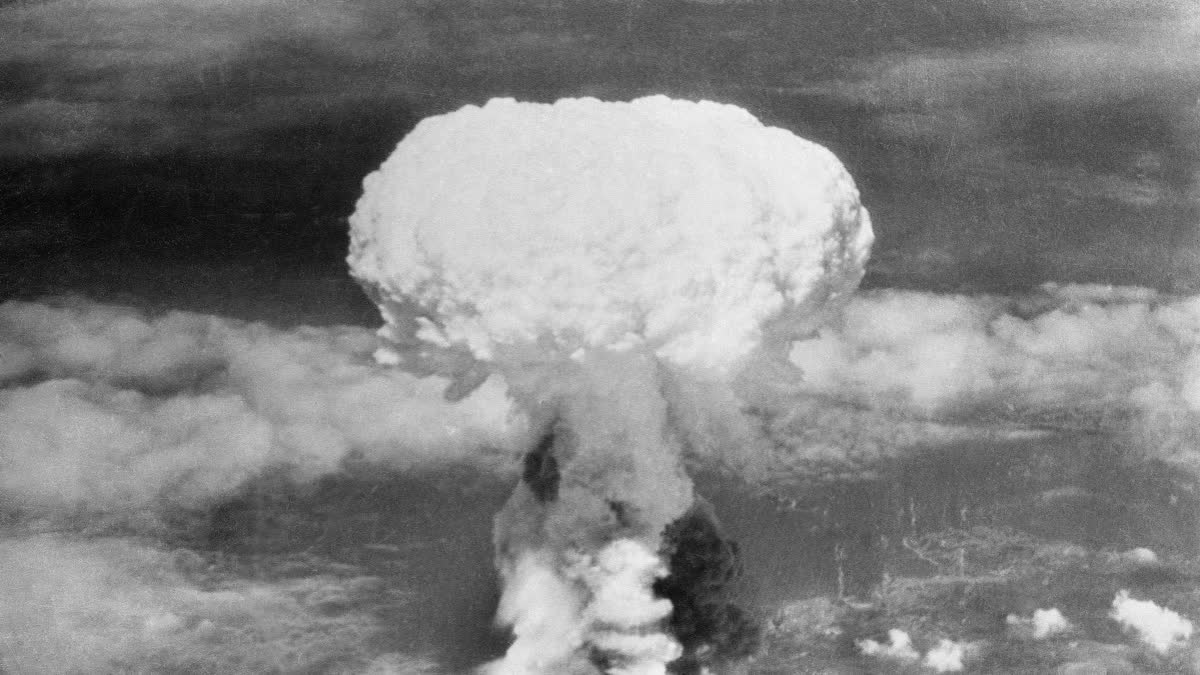New Delhi: Nagasaki Day, observed on August 9th each year, commemorates the atomic bombing of Nagasaki, Japan, by the United States during World War II. On this day in 1945, the bomb was dropped, leading to significant destruction and loss of life. The day is marked by ceremonies and events to remember the victims and to promote peace and nuclear disarmament.
History of Nagasaki Day
Nagasaki Day marks the anniversary of the atomic bombing of Nagasaki on August 9, 1945, the second such bombing during World War II. This event followed the bombing of Hiroshima three days earlier.
August 9, 1945: The U.S. dropped the "Fat Man" plutonium bomb on Nagasaki. The bomb exploded with devastating effect, causing immediate and long-term casualties. The bombing resulted in approximately 70,000-80,000 deaths by the end of 1945, with many more suffering from injuries and radiation-related illnesses in the years that followed.
Context: The bombings of Hiroshima and Nagasaki were pivotal in leading to Japan's surrender, which was announced on August 15, 1945, and formally signed on September 2, 1945, marking the end of World War II.
Post-War Observance: In the years following the war, Nagasaki Day became an occasion for reflection and remembrance. The day is marked by ceremonies in Nagasaki and around the world, focusing on the impacts of nuclear war and advocating for global peace and disarmament.
Commemoration: The annual observances include a peace ceremony in Nagasaki, where survivors (hibakusha) and officials gather to honour the victims and renew calls for a world free of nuclear weapons. Educational events and peace campaigns are also part of the commemoration efforts.
Nagasaki Day serves as a reminder of the human cost of nuclear warfare and the ongoing need for efforts towards peace and reconciliation.
Significance of Nagasaki Day
Nagasaki Day, observed on August 9, holds significant historical and symbolic importance. It serves as a stark reminder of the devastating consequences of nuclear warfare. The bombing of Nagasaki, alongside Hiroshima, showcases the immense human and environmental toll of atomic weapons. The day honours the memory of the tens of thousands of people who lost their lives or suffered in the aftermath of the bombing. It acknowledges the suffering of survivors and the impact on the city of Nagasaki.
Nagasaki Day promotes global peace and the abolition of nuclear weapons. It underscores the need for disarmament and the prevention of future nuclear conflicts. The day encourages reflection on the broader context of World War II and the ethical implications of using atomic bombs. It provides an opportunity to consider how the events of the past shape contemporary international relations and policies.
